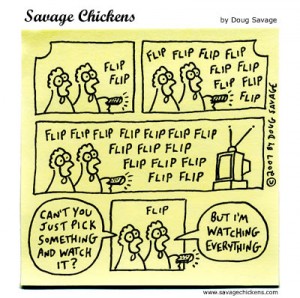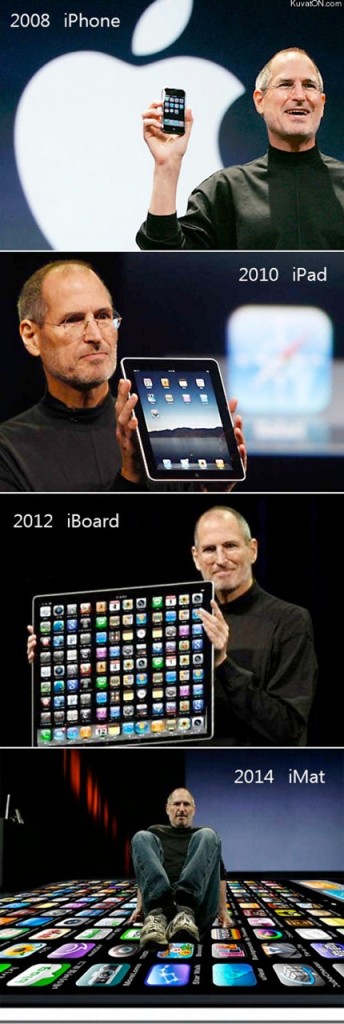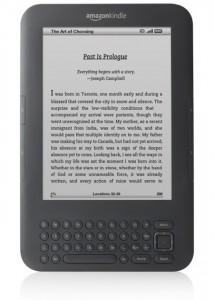The demise of the novel? This has been predicted again and again over the decades, if not the centuries, yet people keep reading novels. Here’s a recent vote of confidence in their persistence:
… Read more“The book-length text is coded in our DNA and will never go away; it is the written version of the oral myths and histories told on consecutive nights around campfires for 80,000 years. In each new generation, roughly the same percentage of people is born with








